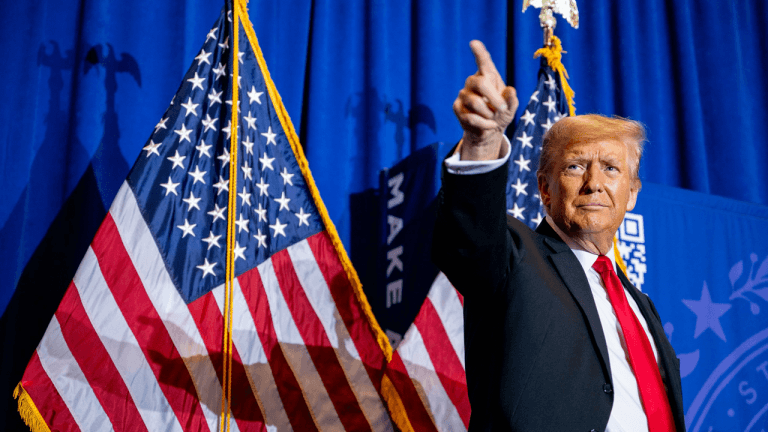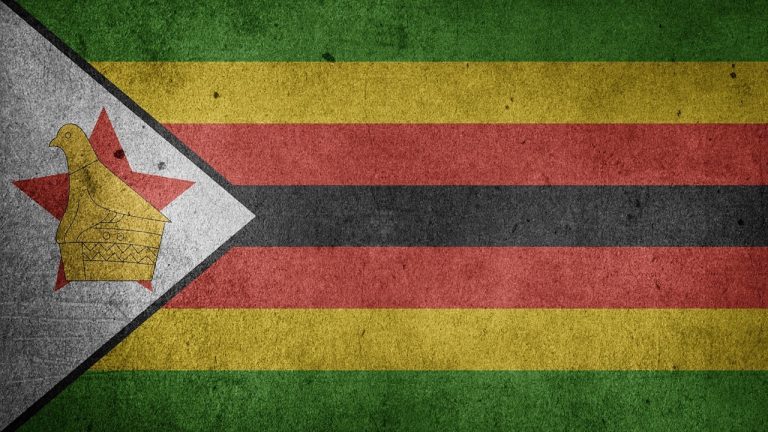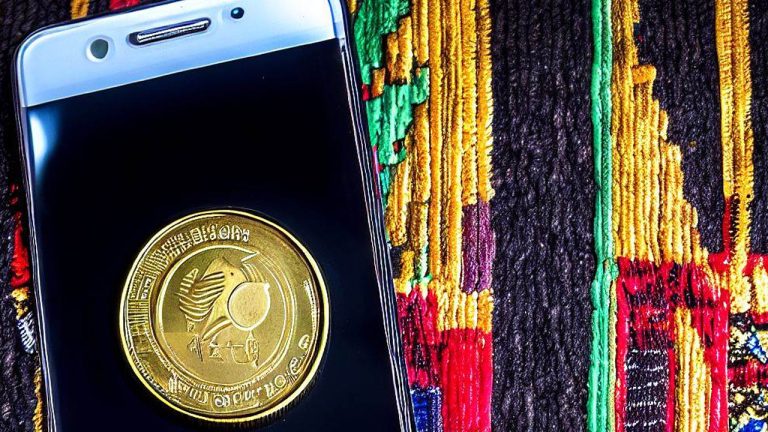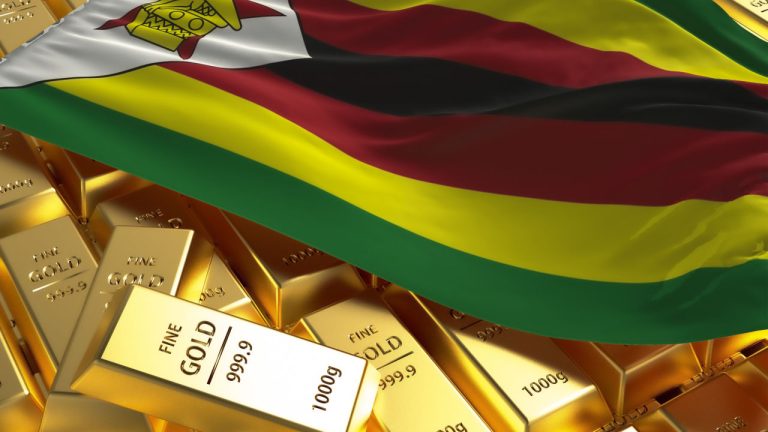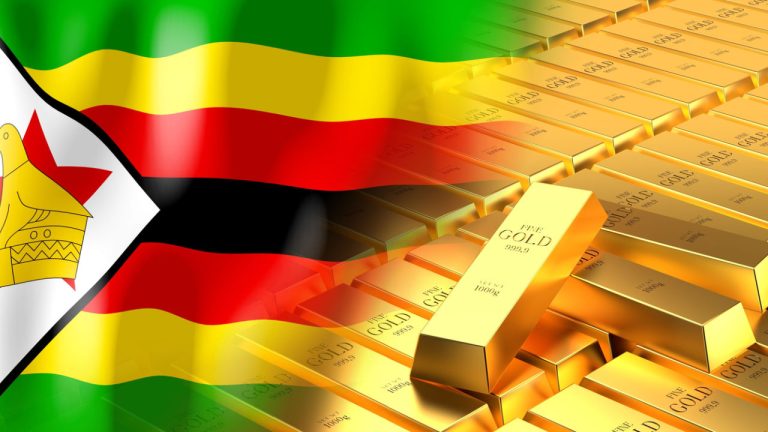
The country has struggled with an unstable currency for years, but now it will have one backed by reserves three times larger than its issuance.
The Reserve Bank of Zimbabwe has introduced Zimbabwe Gold, or the ZiG, in paper and coin form, following the new currency’s debut as a digital payment method in October. It replaces the Zimbabwean dollar and is backed by a basket of gold and foreign currencies.
The central bank began distributing the physical currency on April 29, and all of the country’s lenders had a supply of it by the end of that day, according to Bloomberg. The launch of the ZiG was announced on April 5, set to an exchange rate of 13.56 ZiG to the U.S. dollar.
Digital trading in the ZiG began on April 2, although it was first introduced in October at a rate tied to the price of gold. The transition to the new currency caused havoc on the local stock market. Businesses will be required to pay at least 50% of their taxes in ZiG.
